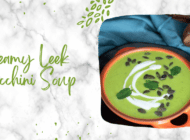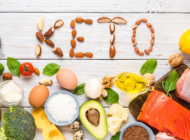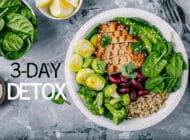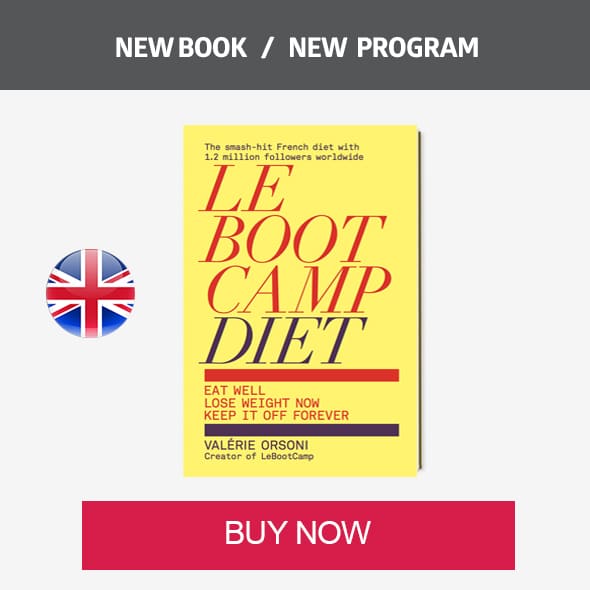Upon returning from my last trip abroad, I took my son to eat out at a restaurant, where he revealed to me that it had been 2 weeks since he’d stopped eating meat. My first thought was, hmmm….interesting decision for a teen…perhaps his girlfriend is vegetarian, or a group of friends decided to become vegetarian? But no – and he tells me it’s not for his health, nor for the sake of animals, but that he simply decided to see how it would feel to go off meat, and that he actually feels super good.
As a nutrition expert, I know very well that meat is not at all necessary, so I don’t worry much about this revelation.
A week later, I’m eating sushi, whereupon he informs me that he no longer eats fish, either. I hold my tongue and he tells me he’s feeling even better off fish. Every night he proudly lets me know his choice of lunch (which, I must say, is always very well-balanced).

Well, turns out I’m already coaching more than a billion people who consume no animal products and they’re doing very well! There are so many vegetarian teens in the world, so my son is really not so rare. And he certainly didn’t get it from my influence – after all, I eat fish myself :).
Now, the two main topics to address are: deficiencies and behavior towards food.
Deficiencies: we need amino acids to live. It is undeniable. An essential amino acid is an amino acid that cannot be synthesized by the body (usually) or which is synthesized at low speeds, and should therefore be provided by food as it is necessary for the proper functioning of the body. There are 8 amino acids which are characterized as essential. These are found in proteins of animal origin (all), or and in the same proportions as, in vegetable combinations such as those you might find served in an Indian restaurant, ie. whole grain rice and legumes.
Note that some foods contain amino acids which prevent the absorption of others, etc. – it is a very complex subject. For a vegetarian teenager, here are a few examples of dishes with enough amino acids that meat becomes totally unnecessary:
– rice + lentils
– buckwheat + peas
– corn + red beans or amaranth
– oats + peas
– rice + soy or mung
So you see, a vegetarian diet can be absolutely void of deficiencies. It will be less rich in saturated fat anyway which is even healthier for a teenager. And if at the same time s/he stops eating dairy s/he can also say a happy goodbye to pimples!
But, you will tell me, dairy products contain calcium – what of that?
Remember that we are the only mammals consuming milk after being weaned, and until very recently (100 years ago) milk was actually reserved for children and sick people.
So where are we getting calcium? Keep in mind that too much animal protein actually eliminates calcium with all the toxic impacts on our health this elimination can have. Your vegetarian teen will actually be less concerned about the fact that too much protein leaches calcium. There’s more than one benefit involved!
Here are a few excellent sources of calcium (keep in mind that the calcium in milk is not so well assimilated by the body due to the presence of proteins – only 40% is absorbed, the rest is lost!):
– water (even from the tap)
– dark green vegetables (spinach, kale, cabbage, parsley, watercress, dandelion, broccoli, etc.)
– dates, figs, pistachios, almonds, sesame seeds
– oranges
– and if your vegetarian teen eats fish: anchovies, sardines, etc. (sardine bones are almost pure calcium).

The only element which requires careful attention is that of radical changes to portion sizes (“I want to lose weight”), eating patterns (too much stress?), and other disruptive food-related behaviors. As a parent, it’s important to have a discussion with your child to understand the origin of their change in behavior. If you suspect there is a problem, don’t hesitate to refer to a professional who specializes in eating disorders.
If it is healthy, take the opportunity to explore new foods and flavors with your teen – have them join you in the kitchen to try out some LeBootCamp recipes!
To your health!
PS: I just showed this article to my son who clarified that although he had modified his eating behavior very naturally – without thinking too much into it – as a result he now thinks more about the animals, thus making his decision more humanitarian than before.
Tags: diet dieting eating teenager teenagers vegetarian


























Leave a Reply